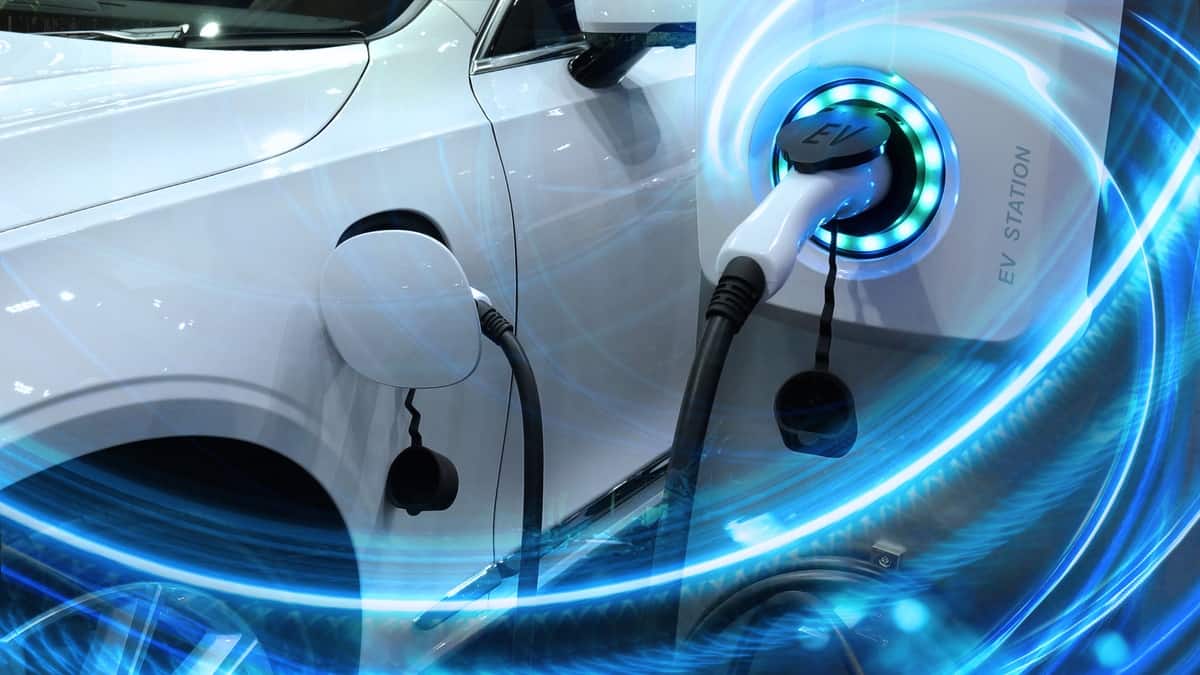The UK’s automotive industry calls for the Chancellor to include fairer taxes on new electric vehicle models in the upcoming Budget to boost the shift to clean mobility.
According to a new study commissioned by the Society of Motor Manufacturers and Traders (SMMT), prospective customers’ interest in electric vehicles waned due to the lack of incentives and high Value-Added Tax (VAT).
Survey results
As per the survey results, the UK government’s decision to delay the ban on petrol and diesel vehicles from 2030 to 2035 prompted nearly one in every four drivers (24%) to delay their plans to buy battery-powered models.
Meanwhile, 14% of the survey respondents said they had decided never to adopt EVs.
“New research shows almost half of would-be EV buyers will now wait until after 2030 to switch – compared with just one in 10 last year.”
SMMT
Considering this alarming decline in people’s interest in electric vehicles, the SMMT calls for the government to use the upcoming budget to reverse this trend.
VAT reduction
According to the UK’s auto industry trade association, reducing VAT by 50% will significantly boost electric vehicle adoption in the country.
The industry believes that the most effective solution for waning customer interest in EVs would be incentivizing prospective private buyers with tax cuts.
As the survey demonstrated, businesses and fleets account for the majority of EV sales in the country because they benefit from tax incentives. Meanwhile, private buyers have contributed only one in every four new EV sales since 2022. It indicates a worsening situation from one in every three EV sales before that.
All that said, the SMMT is proposing to cut VAT on new EVs by 50% for three years. The association believes this reform will add 270,000 new EVs in the country in the same period.
Other proposals
Apart from reducing VAT, the SMMT also calls for the government to dump the levy on luxury electric cars.
According to the report, revisions to vehicle excise duty in 2025 will subject 70% of electric vehicles to an “expensive car” supplement.
Lastly, the SMMT has once again called for the government to ensure that VAT on public EV charging aligns with the rate paid by EV owners who charge their vehicles at home.
These proposals are under the SMMT’s new three-point plan to accelerate the electric vehicle industry in the UK.
“The Budget is a crucial opportunity to re-energise the EV market, with fair tax for a fair transition. The Chancellor must end the perverse fiscal system that discourages drivers from moving away from fossil fuels and send a clear signal that the time to go electric is now. Success will see our economy powered up by zero emission mobility, delivering cleaner air, quieter roads and cheaper running costs, ending the uncertainty we are seeing amongst motorists.”
SMMT Chief Executive Mike Hawes
These proposals mirror the long-standing call of the industry and prospective customers to make electric vehicles more accessible to everyone amid the government’s push for clean mobility adoption. It would be interesting to see how the UK government would respond to the SMMT’s action plan.

